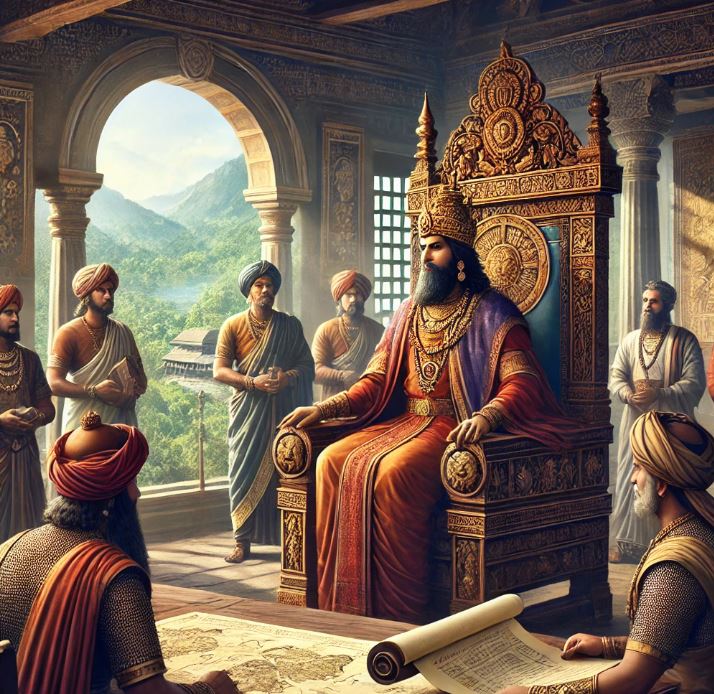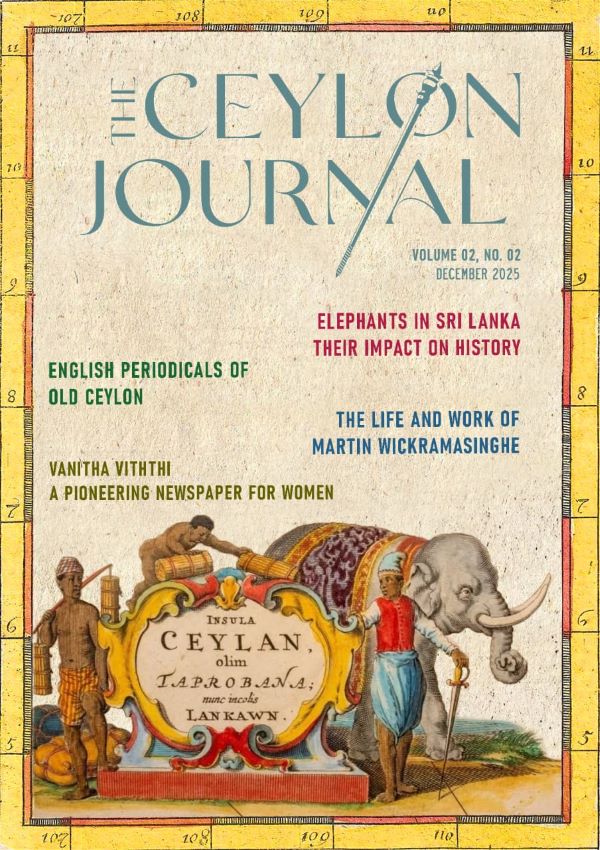King Kavanthissa: The Strategist Behind the Unification of Sri Lanka – By Nadeeka – eLanka

King Kavanthissa was a significant figure in the history of Sri Lanka, reigning during a time of great political turmoil and laying the foundation for the rise of his son, Dutugemunu, who would become one of the most celebrated kings of Sri Lanka. Born into a period of division and strife, Kavanthissa’s reign was marked by his strategic acumen, diplomatic skill, and unwavering commitment to the unification of his kingdom. His legacy, though often overshadowed by the accomplishments of his son, is an essential part of Sri Lanka’s rich historical tapestry.
Early Life: Kavanthissa was born into the royal family of the Kingdom of Ruhuna, a region in the southern part of Sri Lanka. From a young age, he was groomed for leadership, receiving training in military strategy, governance, and the cultural traditions of his people. The early years of his life were spent in a region that was relatively peaceful, but the shadow of the Anuradhapura Kingdom loomed large over Ruhuna. The political landscape of the time was characterized by a complex network of alliances, rivalries, and power struggles that would shape Kavanthissa’s reign.
Rise to Power: Kavanthissa’s ascension to the throne was not without challenges. As a young prince, he had to navigate the treacherous waters of court intrigue and external threats. His claim to the throne was solidified through a combination of diplomacy and military strength, and he quickly established himself as a ruler with a vision for the future of his kingdom. One of his first acts as king was to secure the loyalty of his nobles and military leaders, ensuring that his rule would be unchallenged.
Reign as King: Kavanthissa’s reign was marked by his efforts to strengthen and consolidate the Kingdom of Ruhuna. He understood the importance of a strong and unified kingdom, particularly in the face of the growing threat from the Anuradhapura Kingdom. To this end, he embarked on a series of reforms aimed at centralizing power and improving the efficiency of his government. He also invested in the military, building a formidable army that would play a crucial role in the future conflicts that would shape the destiny of Sri Lanka.
One of Kavanthissa’s most significant achievements was his ability to maintain peace and stability within his kingdom while preparing for the inevitable conflict with Anuradhapura. He forged alliances with neighboring states, secured the loyalty of his subjects, and built a network of spies and informants that kept him well-informed of developments in the region. His ability to anticipate and counter the moves of his enemies was a testament to his strategic brilliance.
Diplomatic Achievements: Kavanthissa was not only a warrior king but also a skilled diplomat. He understood that the strength of his kingdom did not rest solely on military might but also on the ability to forge and maintain alliances. Throughout his reign, he cultivated relationships with other regional powers, often using marriage as a tool to secure alliances. His marriage to Queen Viharamahadevi, who would become the mother of Dutugemunu, was a particularly important alliance that helped to solidify his rule.
Kavanthissa’s diplomatic efforts extended beyond the borders of his kingdom. He was known to have engaged in diplomatic exchanges with foreign powers, ensuring that Ruhuna was recognized as a significant player in the region. His diplomatic acumen was instrumental in maintaining the peace and stability of his kingdom, even as tensions with Anuradhapura continued to simmer.
Military Strategy and Preparation for War: While Kavanthissa was a man of peace, he was not blind to the realities of his time. He knew that conflict with the Anuradhapura Kingdom was inevitable, and he dedicated much of his reign to preparing for this eventuality. Under his leadership, the Kingdom of Ruhuna became a bastion of military strength. He modernized the army, introduced new weapons and tactics, and built fortifications that would prove crucial in the defense of his kingdom.
Kavanthissa’s military strategy was characterized by a combination of caution and preparedness. He avoided direct confrontation with Anuradhapura during his reign, choosing instead to bide his time and build his strength. He knew that a war with Anuradhapura would be a long and bloody affair, and he wanted to ensure that his kingdom was fully prepared before making any moves. This strategy of patient preparation would pay off in the years to come, as his son Dutugemunu would eventually lead the kingdom to victory.
Relationship with Dutugemunu: Kavanthissa’s relationship with his son, Dutugemunu, is one of the most fascinating aspects of his reign. As a father, he was both a mentor and a guide, preparing his son for the challenges that lay ahead. He instilled in Dutugemunu a sense of duty and a commitment to the unification of Sri Lanka. Kavanthissa was well aware of the potential that his son possessed, and he took great care to nurture Dutugemunu’s talents.
The relationship between father and son was not without its tensions. Dutugemunu was a fiery and ambitious young man, eager to prove himself and take on the Anuradhapura Kingdom. Kavanthissa, on the other hand, was more cautious and measured in his approach. He often had to rein in his son’s impulsiveness, reminding him that the time for war would come, but it was not yet upon them. Despite these differences, the bond between father and son remained strong, and Dutugemunu would go on to fulfill the destiny that Kavanthissa had envisioned for him.
Legacy: Kavanthissa’s legacy is one of resilience, foresight, and unwavering commitment to his kingdom. He was a king who understood the importance of both diplomacy and military strength, and he skillfully balanced these two aspects of his reign to ensure the survival and prosperity of his kingdom. His efforts laid the groundwork for the eventual unification of Sri Lanka, a feat that would be achieved by his son Dutugemunu.
While Kavanthissa is often overshadowed by his more famous son, his contributions to the history of Sri Lanka are undeniable. He was a king who ruled with wisdom and foresight, ensuring that his kingdom was strong and prepared for the challenges that lay ahead. His legacy lives on in the history and culture of Sri Lanka, and his story is a reminder of the importance of leadership, strategy, and vision in the face of adversity.
Conclusion: King Kavanthissa was a pivotal figure in the history of Sri Lanka, whose reign set the stage for the unification of the island under the rule of his son Dutugemunu. His life and reign are a testament to the power of strategic thinking, diplomacy, and the importance of preparing for the future. Though his name may not be as widely recognized as that of his son, Kavanthissa’s contributions to the history of Sri Lanka are no less significant. His story is one of a king who, through patience, wisdom, and foresight, ensured the survival and prosperity of his kingdom in a time of great uncertainty and challenge.




















